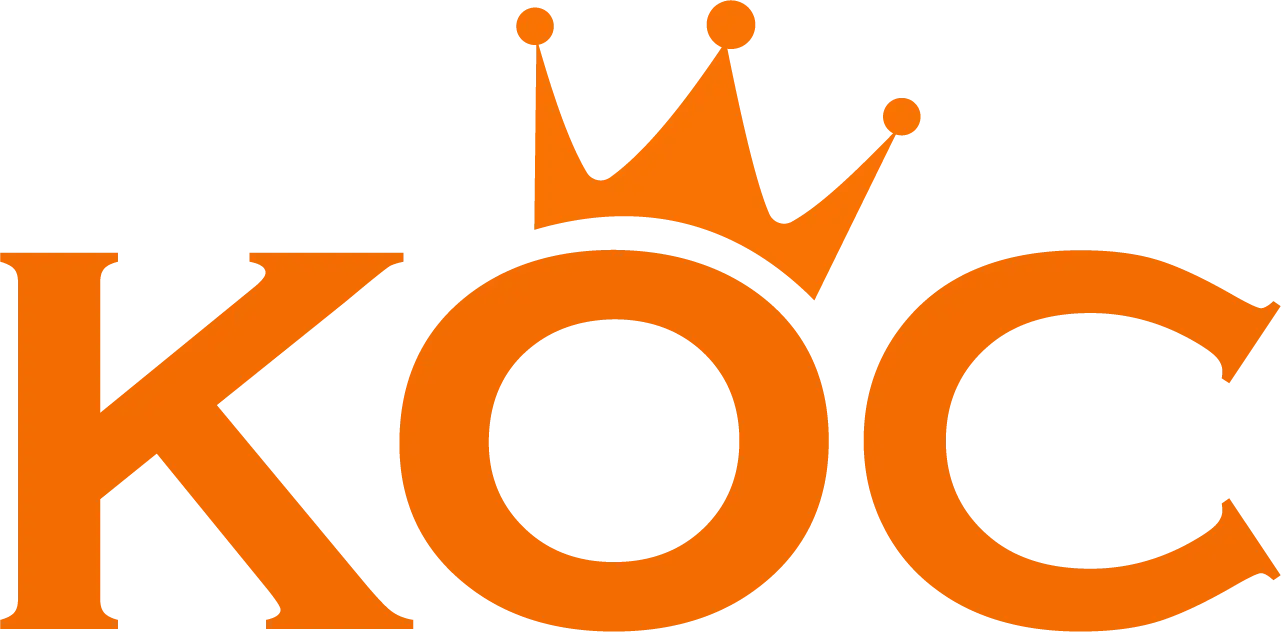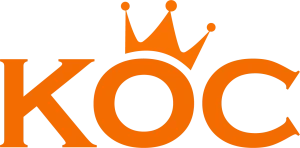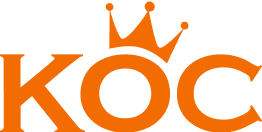The Complete Overview to Online Chess Schools
Chess is a timeless strategy board game that has captured the hearts and minds of players for centuries.
The origins of chess remain enigmatic, with historical debates between Indian and Persian roots, known respectively as “chaturanga” and “shatranj.” Chaturanga, tracing back to the 6th century AD in India, featured unique pieces and rules, contributing to Indian culture. When it journeyed to Persia, it evolved into shatranj, undergoing notable modifications. From Persia, shatranj spread throughout the Islamic world. In mediaeval Europe, chess underwent substantial transformations, ultimately reaching its modern form. These three distinct phases in chess’s evolution—Indian beginnings, Persian adaptation, and mediaeval European development—have collectively shaped the enduring and globally beloved game we know today.
In recent times, chess has experienced a remarkable resurgence, captivating players of all backgrounds and skill levels. Its unique blend of strategy and intellect has brought people together, reigniting their passion for the game.
Online chess academy have been instrumental in this chess revival. They offer a dynamic and accessible platform for learning, making chess more inclusive and engaging for enthusiasts worldwide. Also, online chess academies help students develop higher-order thinking skills, such as problem solving, decision making, critical thinking, planning, and creative thinking.In addition, it reinforces affective attributes such as patience, prudence, and perseverance. Many students, including those with disabilities, can benefit educationally and psychologically from online chess training.Seniors can benefit from learning and playing chess in various ways. Cognitive benefits include the refinement and maintenance of higher-order thinking skills such as problem solving, decision making, critical thinking, planning, and even creative thinking.
I. The Benefits of Learning Chess Online
Accessibility and Convenience
1. Learning from Anywhere
Online chess learning transcends borders, allowing individuals from around the world to access top-notch instruction. It erases geographical constraints, connecting students with renowned instructors and fellow chess aficionados.
2. Flexible Schedules
Online chess academy accommodate the busy lives of learners. With flexible scheduling, students can choose lesson times that fit seamlessly into their routines, balancing their passion for chess with other commitments.
Multiple Learning Resources
1. Diverse Learning Materials
Online chess academies offer a plethora of resources, including video lessons, tutorials, and challenging puzzles. These diverse materials cater to different learning styles, ensuring that students can comprehensively grasp the intricacies of the game.
2. Interactive Engagement
Students engage in interactive gameplay and simulations, facilitating hands-on learning experiences. These activities help learners internalise complex chess concepts, sharpening their skills in practical settings.
Community and Competition
1. A Global Chess Community
Online chess academies foster a global community of chess enthusiasts. Students can connect with like-minded individuals, share their passion, and build worldwide connections that extend beyond the chessboard.
2. Competitive Edge
Participation in online chess tournaments and challenges allows students to test their mettle in a competitive arena. These events serve as an excellent measure of progress and provide continuous opportunities for growth.
II. How to Choose the Right Online Chess Academy
Accreditation and Reputation
1. Certified Excellence
Selecting an online chess academy with recognized certifications or affiliations ensures a quality educational experience. Look for academies affiliated with prominent chess organizations or those offering certified programs.
2. Testimonials Matter
Reading reviews and testimonials from past students offers valuable insights into an academy’s effectiveness and the quality of its instruction. Positive feedback from the chess community is a strong indicator of a reliable academy.
Curriculum and Teaching Methods
1. Comprehensive Curriculum
A well-structured curriculum is essential. It should cover all facets of chess, from foundational principles to advanced strategies, providing a clear learning path for students.
2. Instructor Approaches
Understanding the teaching styles and methods employed by instructors helps prospective students gauge if they align with their own learning preferences. Effective instructors play a pivotal role in the learning process.
Technology and Platform
1. User-Friendly Interface
An intuitive, user-friendly online platform with interactive tools is vital for a seamless learning experience. The platform should make navigation and engagement easy for students.
2. Device Compatibility
Check if the academy’s platform is compatible with various devices and operating systems. Ensuring adaptability to diverse technology preferences is essential.
Pricing and Payment Options
1. Transparent Pricing
Consider the pricing structure and payment options offered. Some academies provide subscription models, free trial periods, or one-time payments. Choose the one that best suits your budget and learning goals.
2. Hidden Costs
Be aware of potential hidden costs, such as premium features or personalized coaching fees. Understanding the complete financial commitment is essential for financial planning.
III. Navigating the Learning Journey
A. Beginner’s Course: Fundamentals of Chess
1. Understanding the Basics
Beginner’s online chess courses kicks off with understanding the chessboard and its pieces. Students become acquainted with the game’s setup, rules, and fundamental piece movements, establishing a robust foundation.
2. Grasping Rules and Strategies
Students progress to learn the basic rules of chess and movement strategies, essential knowledge for confident play. This stage sets the groundwork for more advanced learning.
Intermediate Course: Tactics and Strategies
1. Exploring Chess Tactics
Intermediate courses delve into opening principles and mid-game strategies. Students explore common openings, tactics, and strategies used in competitive chess matches.
2. Tactical Insight
These courses focus on tactical motifs and pattern recognition. Students develop the ability to anticipate and respond effectively to their opponents’ moves, a key skill in chess mastery.
Advanced Course: Mastering Endgames
1. Endgame Proficiency
Advanced courses concentrate on endgame techniques and checkmate patterns. Students refine their skills in closing out games and achieving checkmate, a critical aspect of chess success.
2. Practical Application
The advanced curriculum includes practical exercises and simulations to solidify learning and enhance the application of acquired knowledge.
IV. Personalised and focused group learning on groups of 4-5 students.
Some online chess academies offer one-on-one coaching and personalised lesson plans. This personalised approach adapts the curriculum to individual skill levels and specific learning objectives.
V. Beyond the Board
Developing strategic and critical thinking and strong psychology
1. The Power of Chess
Online chess academies also emphasise skills beyond the board. They cultivate strategic thinking, critical analysis, and a strong psychological mindset, attributes valuable both in chess and life.
2. The Role of Technology
The online platform is a significant asset, making online classes as effective as traditional offline classes while retaining the convenience of online learning. It overcomes challenges with technology, offering the best of both worlds.
Specialised Courses
1. In-Depth Specialisation
Specialised courses, such as Opening Theory and Chess Psychology, allow students to delve deeper into specific aspects of the game. This specialised knowledge empowers students to become experts in particular chess disciplines.
2. Expertise Building
These courses equip students with in-depth expertise, broadening their understanding and honing their skills in specialised areas of chess.
VI. Building a Chess Community
1. Connect and Collaborate
Online chess academies foster community through forums, discussion boards, and social media groups. Students can connect, collaborate, and share experiences, fostering a sense of belonging within the chess community.
2. Shared Learning
Collaborative learning thrives as students engage in dialogue, share experiences, and gain valuable insights from fellow enthusiasts, strengthening their passion for chess.
VII. Tracking Progress and Achievements
1. Monitor and Improve
Online chess academies provide tools for monitoring progress, analysing games, and identifying areas of improvement. These resources empower students to set and achieve their personal chess goals.
2. Goal Achievement
With the assistance of these tools, students can set specific chess goals and systematically work towards them, ensuring ongoing progress and development.
VIII. Success Stories and Testimonials
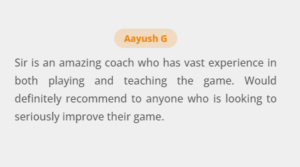
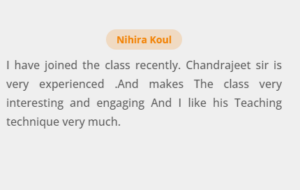
IX. Conclusion:
In conclusion, online chess academies have revolutionised chess education, making it accessible to enthusiasts all over the world. They provide a structured and flexible path to mastering chess, offering a wealth of resources and a thriving community. By choosing the right online chess academy, you can embark on a fulfilling chess journey, embracing the rich tradition of this timeless game.
